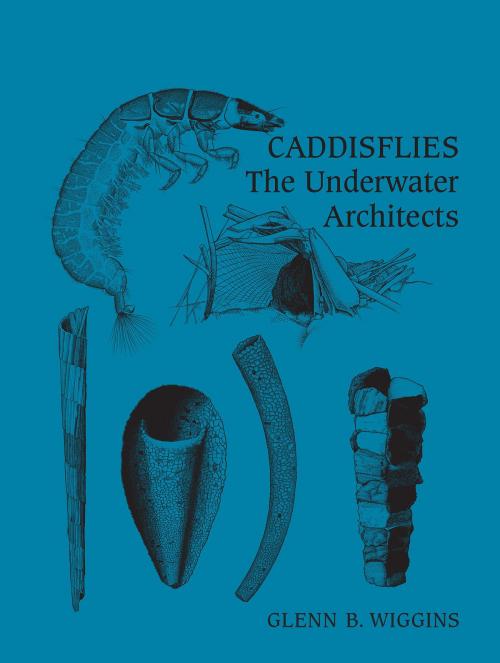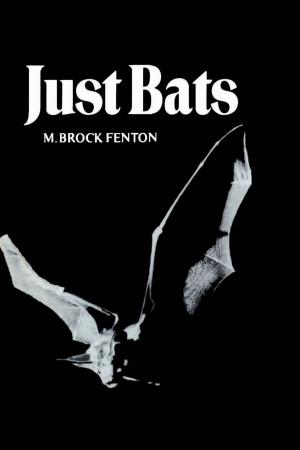Caddisflies
The Underwater Architects
Nonfiction, Science & Nature, Science, Biological Sciences, Entomology, Nature, Insects & Spiders, Earth Sciences| Author: | Glenn Wiggins | ISBN: | 9781442656178 |
| Publisher: | University of Toronto Press, Scholarly Publishing Division | Publication: | December 15, 2005 |
| Imprint: | Language: | English |
| Author: | Glenn Wiggins |
| ISBN: | 9781442656178 |
| Publisher: | University of Toronto Press, Scholarly Publishing Division |
| Publication: | December 15, 2005 |
| Imprint: | |
| Language: | English |
Caddisflies constitute the insect order Trichoptera in which some 10,000 species are known in the world, including about 1400 in North America. Fossil evidence shows that caddisflies originated in the Triassic period, 200-250 million years ago. They are important links in the movement of energy and nutrients through freshwater ecosystems due largely to the extraordinary diversification in their larval architecture, which includes portable and stationary shelters, silken filter nets, and osmotically semipermeable cocoons. Glenn Wiggins's Caddisflies is the foremost comprehensive reference source about these insects and is concerned with behavioural ecology, evolutionary history, biogeography, and biological diversity.
Wiggins outlines fundamental concepts of aquatic ecology, illuminating the ways in which caddisflies help to make fresh waters work. Essential features of morphology, biology, and distribution are outlined for the twenty-six North American families of caddisflies and illustrated diagnostic keys are provided for larvae, pupae, and adults. The author also brings together information on caddisflies from widely scattered sources and provides comprehensive coverage of the scientific literature.
Caddisflies constitute the insect order Trichoptera in which some 10,000 species are known in the world, including about 1400 in North America. Fossil evidence shows that caddisflies originated in the Triassic period, 200-250 million years ago. They are important links in the movement of energy and nutrients through freshwater ecosystems due largely to the extraordinary diversification in their larval architecture, which includes portable and stationary shelters, silken filter nets, and osmotically semipermeable cocoons. Glenn Wiggins's Caddisflies is the foremost comprehensive reference source about these insects and is concerned with behavioural ecology, evolutionary history, biogeography, and biological diversity.
Wiggins outlines fundamental concepts of aquatic ecology, illuminating the ways in which caddisflies help to make fresh waters work. Essential features of morphology, biology, and distribution are outlined for the twenty-six North American families of caddisflies and illustrated diagnostic keys are provided for larvae, pupae, and adults. The author also brings together information on caddisflies from widely scattered sources and provides comprehensive coverage of the scientific literature.















